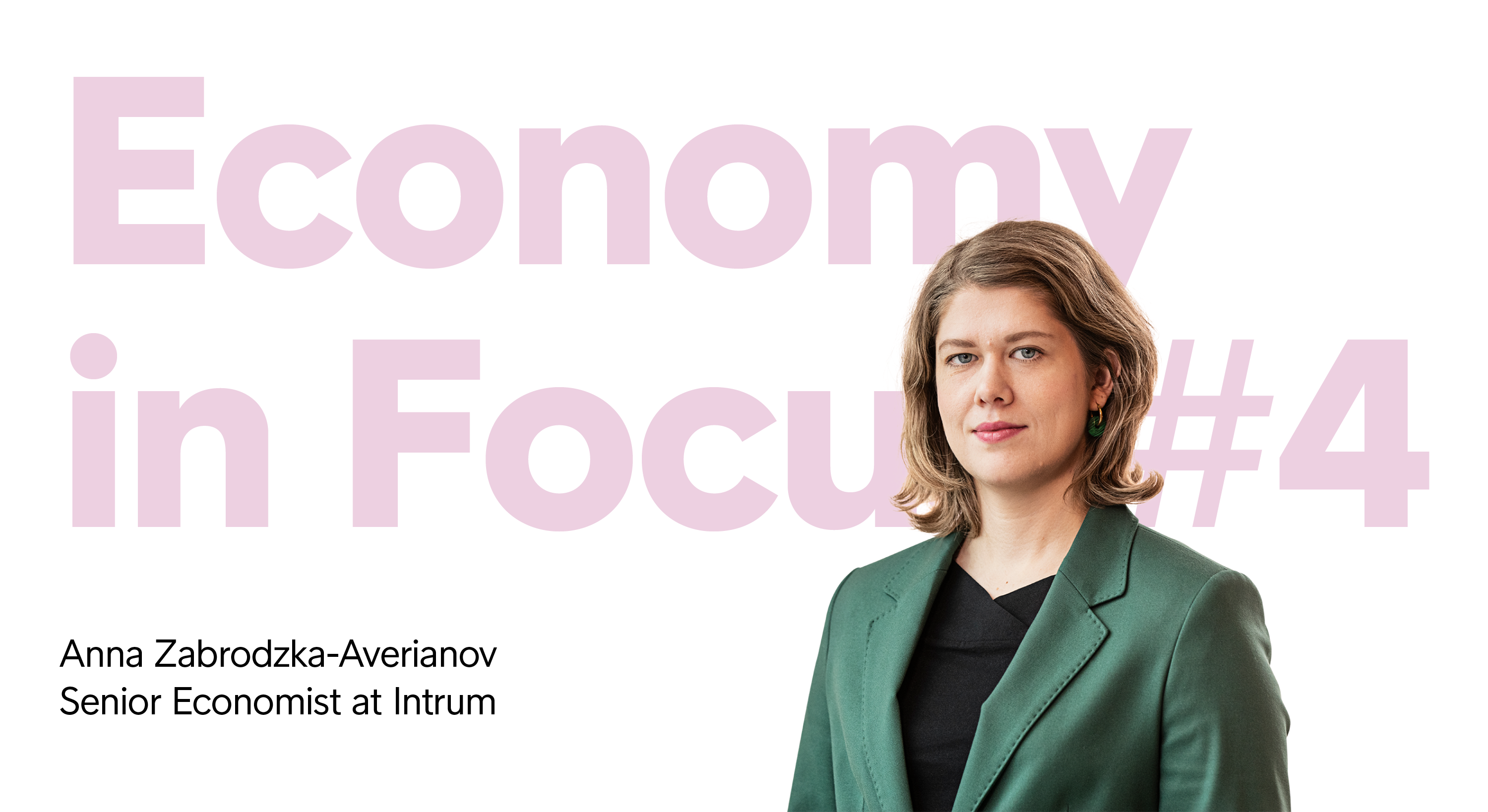The Impact of Inflation on Real Wages in the European Labour Market
For the first time in decades, most Europeans became poorer in relative terms. As inflation outpaced wage increases, real wages fell in 2022. Coupled with considerable interest rate increases and inflation indexation of rents, the effect has deteriorated the purchasing power of European consumers.
In 2022 (the most recent number to date), wages in the EU increased by 4.9 per cent compared to the same quarter last year. The corresponding inflation number amounted to 9.2 per cent. This translates to a decline in real wages of 4.3 per cent.
Governments ensuring minimum wage increases
As an answer to this development, governments have sharply raised minimum wages and several global companies have increased salaries by record amounts as well as hand out one-time cash payments. Despite these efforts, increases in salaries have not been in line with inflation. There are worries that, with tight labour markets giving employees strong bargaining position, the current round of wage negotiations could lead to “excessive” wage increases which could result in more entrenched inflationary pressures.
While it is unlikely that a wage-price spiral would develop in Europe, as people are focused on limiting the loss of purchasing power instead of increasing it, the salary increases agreed currently based on very high inflation in 2022, could result in much weaker deceleration of inflation for this year and the next.
In Europe the high inflation has been mainly brought on by the energy crisis, instead of stimulus-fuelled consumption like in the US, and as such it has also hurt producers. Therefore, an additional burden, stemming from the need to pay higher wages to employees, would most certainly be levied onto consumers through further increases in prices of goods and services. In such a situation, central banks would be forced to tighten monetary policy even more to fight protracted pricing pressures.
Economic slowdown pressuring wage increases
Therefore, policymakers hope that wage bargaining will be focused more on the expected and target inflation, rather than what transpired in 2022. Additionally, the already visible economic slowdown and continued uncertainty could put some downward pressure on wage increases. However, there are some countries or industries where there is automatic wage indexation based on inflation for 2022. For example, in Belgium, workers in regulated sectors, which cover about half a million people, received an automatic salary raise of just over 11 per cent from January 2023.
Consequently, although the inflation rate seems to be slowing, European economies are not out of the woods yet. Despite recent falling energy prices, inflation remains far above the ECB’s 2 per cent inflation target.
The ECB is still expected to oversee more rate hikes before the summer, to combat stubbornly high inflation. How this will play out in the long-run and to what degree the economy will be affected is still to be determined, especially considering that the effect of higher interest rates on the real economy comes with a lag.
We have therefore not yet seen the full impact of the cumulative rates hikes exceeding 350 basis points since mid-2022. Based on the ECB’s bank lending survey, we are only now starting to observe contraction in lending volumes as banks tighten their credit standards while demand for lending is falling due to the sharp increase in borrowing costs and slowing economic activity. The recent crisis of confidence in the banking sector could also reduce the flow of credit more than previously anticipated, resulting in sharper economic slowdown at a time when the European economy is already balancing on the brink of a recession.
Economic Insights
These insights are based on April’s issue of Economy in Focus – Intrum’s commentary on the current macroeconomic trends. Read the report in full today.


